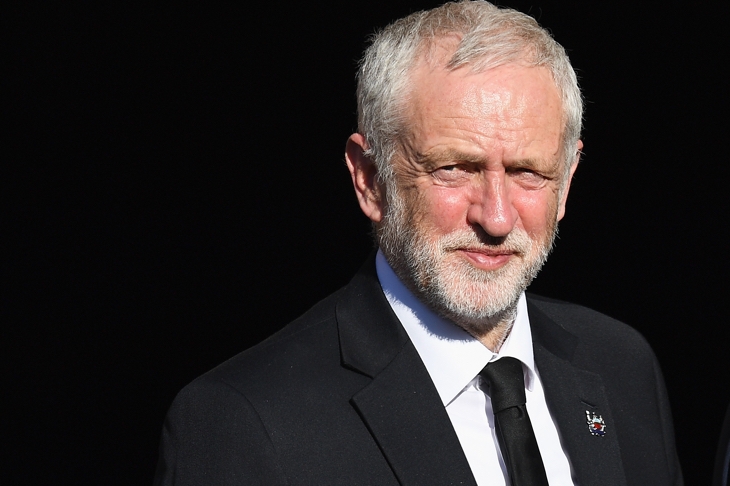One might have expected the general election campaign to resume in a softly-softly fashion following the Manchester bombing. But Jeremy Corbyn’s speech tomorrow morning will lead to some of the most vigorous political debate we have seen in recent times.
Corbyn will say ‘Many experts, including professionals in our intelligence and security services, have pointed to the connections between wars our government has supported or fought in other countries and terrorism here at home.’ Suggesting that UK foreign policy bears responsibility for terrorist attacks here just days after a terrorist atrocity has killed so many children is, to put it mildly, controversial.
Now, Corbyn will add that ‘That assessment in no way reduces the guilt of those who attack our children. Those terrorists will forever be reviled and held to account for their actions.’
But his reiteration of the blow-back theory of terrorism will cause a massive political row. The Tories, who had been reluctant to attack Corbyn too directly on terrorism in the wake of the Manchester attack, will no longer feel the need to be restrained. In the next 13 days expect to hear a lot about the anti-terrorism measures that Corbyn voted against, his sympathy for the IRA and his previous willingness to call Hamas and Hezbollah ‘friends’.
Corbyn’s argument seems particularly ill-judged in the light of Monday night’s attack. The fact that a concert aimed at young women was specifically targeted is a reminder that these terrorists hate us not because of a particular foreign policy decision but because of the way we live our lives, and how our society is organised. To pretend that this is about Anglo-American policy in the Middle East is deluded. Corbyn’s failure to understand this, and his desire to find a way to blame the West for what is happening, is one of the many reasons that Corbyn isn’t fit to lead a political party, let alone be Prime Minister.







Comments